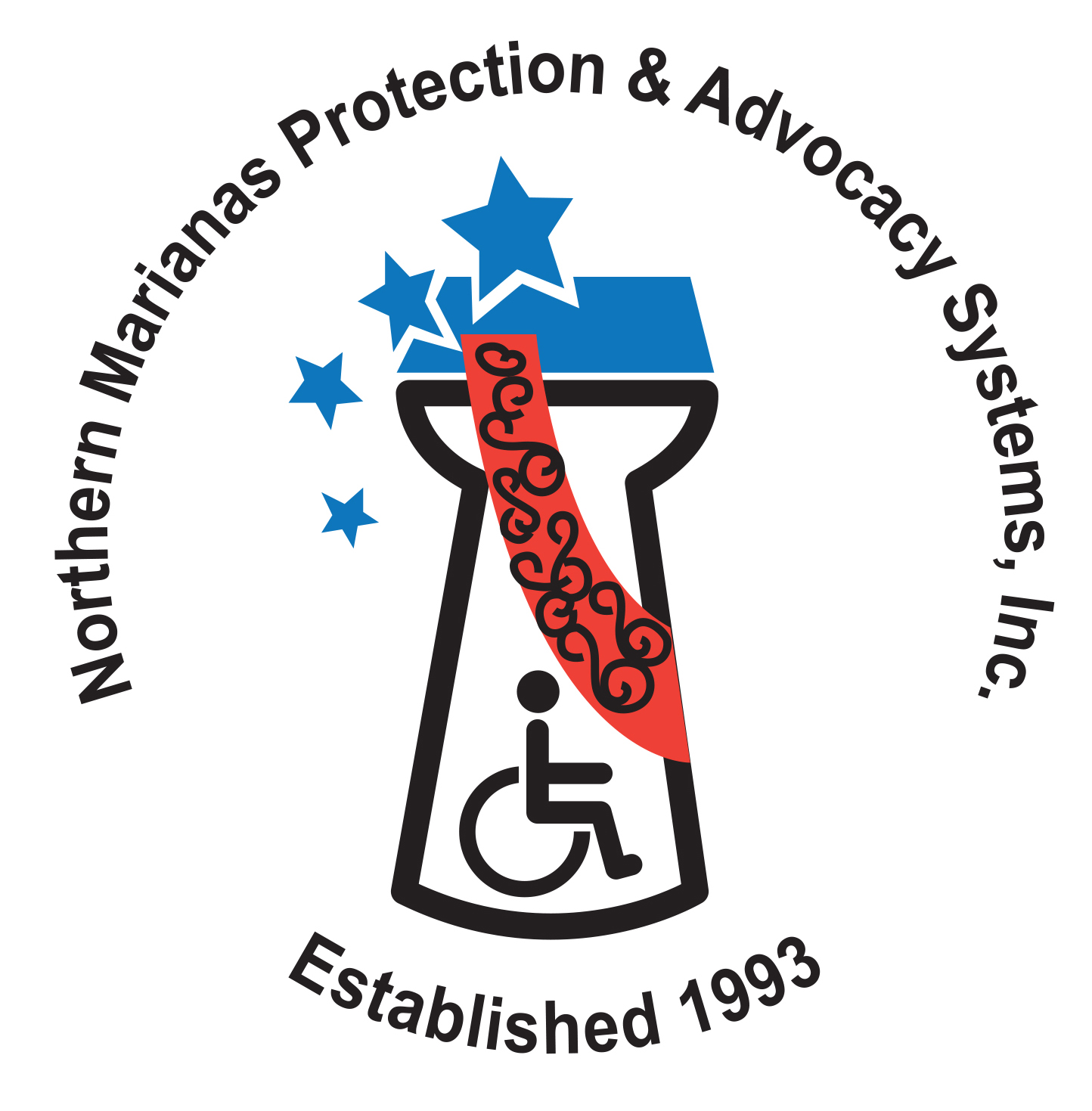Playing “shepherd to sheep” in the pastoral metaphor while tending to the affairs of the Immanuel United Methodist Church of Saipan, I ran into NMPASI (Northern Marianas Protection and Advocacy System, Inc.). The son of a “sheep,” diagnosed as legally blind and operating with mere peripheral vision, needed assistance. NMPASI worked with PSS SpEd to enable him to get all the help he could get. Island-born, he made it past high school and holds a job that helps his CW parents.
With two of my children diagnosed with ASD (autism spectrum disorder), I naturally gravitated to the disability community, and though my children lived with their mother—first outside Washington, D.C. when my spouse after the diagnosis thought it best that I leave our common dwelling, now residing in Ohio—the children have come of age, the older, a girl, now 23, and the younger, a boy, made 20 this year. I went to bid North America “goodbye” last year and I got to see them briefly for a day in Indiana where we met halfway between Chicago where I was coming from and Columbus where they live.
Upon hitting the shores of Saipan in ’98, and directing the Oleai Resource Center of the UMC that had a comprehensive coverage of community needs, I ran into other parents with ASD diagnosed children. I got involved in the informal gathering of parents, given the name STaRPO (Saipan, Tinian and Rota Parents› Organization) by Vivian and Frank Cabrera, targeting assistance to diagnosed children of ASD and cerebral palsy until the group became aligned with the thrust of NMPASI, turning into the Autism Society of the CNMI with a governor-declared annual awareness month (usually April), a three-mile run or walk of a child and parent up Marpi, and a fun and fundraising Quiz Night at a local hotel.
Meanwhile, I got acquainted with the Americans with Disabilities Act, including the amendments of 2008 that became effective the following year. Usually not one who takes an adversarial route to accomplish a goal—burned by inflammable but ineffective maneuvers in the civil rights and anti-war movements in the U.S. in the ’60s—I shy away from combative organizations and concentrate on the less obtrusive accomplishing of goals.
NMPASI’s “protection” and “advocacy” in its name I mistook for a combative operation but discovered amiable and convivial personnel, even the legal officers. Perusing ADA provisions, with the details that it goes into between Titles to Sections, I am glad that the NMPASI’s legal office is familiar with the details of the Act and will not hesitate to pull in the provision of law in order to accomplish its goals. Not adversarial, they will not offend anyone should they lift a stick if the carrot does not work!
Ours is a system of governance by constitutional provisions, albeit still necessitating interpretation, and we are children of the Reformation’s tradition, especially the New Testament provision of the logos in the beginning, misinterpreted by biblical scholars as “the word,” later identified and co-terminus to the King James version of the Bible. Consequently, we mistake passing of laws as doing, the done deal. The mandate of law reigns supreme in many quarters, forgetting that the cognition of a fact is simply a prelude to its effective implementation. Worse, Biblos is treated like a rulebook!
Thus, the programs of government administrative agencies go by the mandates of their funding sources to implement provisions of law suddenly turned logos
NMPASI serves as a conduit between the recipients of necessary services and mandated caregivers that implement the provisions of law. There lay its power, to facilitate best as it can, a process that connects those in need of assistance by virtue of disability, and those mandated by law to provide life-sustaining services.
There are dangers on both ends. The recipients can easily fall prey to the rotten path of dependence, and the service providers can implement prescribed programs without determining whether interventions sustain effective service, or worst, spend funds at the end of a fiscal year just so it is spent and not returned to source, regardless of the consequences or the absence of one. NMPASI can turn casually nonchalant.
I have since stopped playing “shepherd to sheep,” even as NMPASI shed that mode of service delivery ages ago. That is no critique of existing agencies as it is to acknowledge that when stylistic ways are factored, the manner a service is delivered is critical in the efficacy of service delivery.
NMPASI does not encourage client dependency on assistance, nor ignore indifference to clients by service providers, a balancing act that can easily be forsaken to expediency.
Like any agency, NMPASI is made up of people whose feet are mired in mud in the rain like the rest of us, and precisely because they are humans like me, I empathize with them. I attended a coalition meeting last Friday; the coordinative leadership style was evident. I was pleased.

